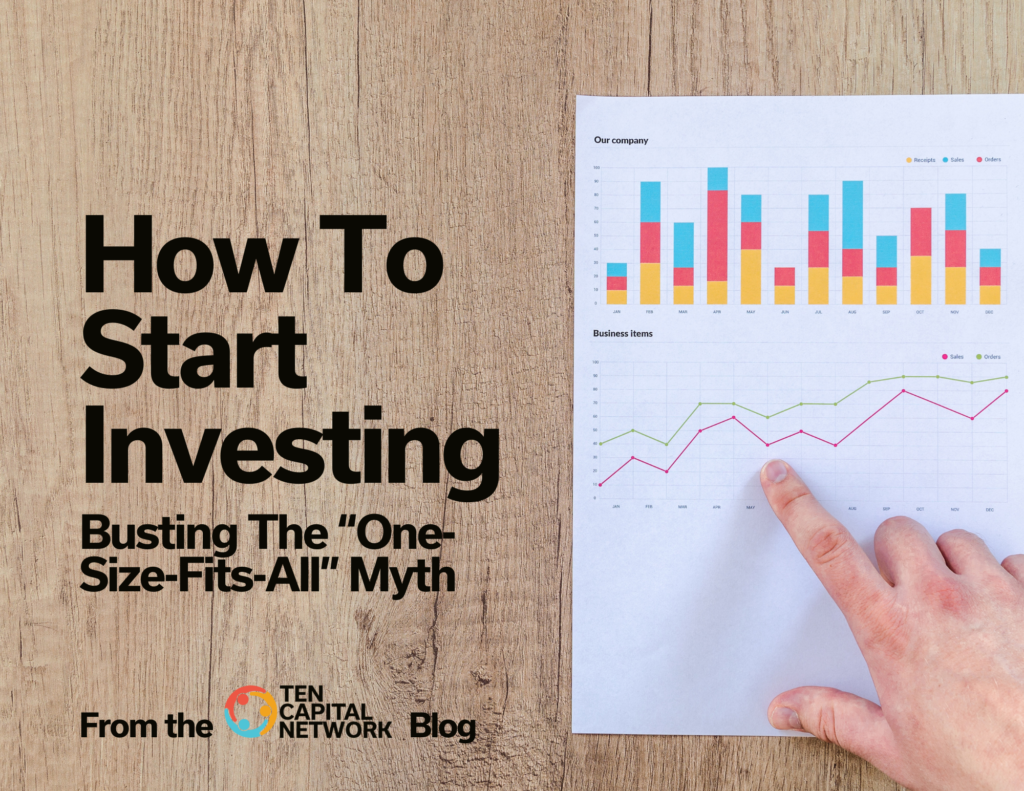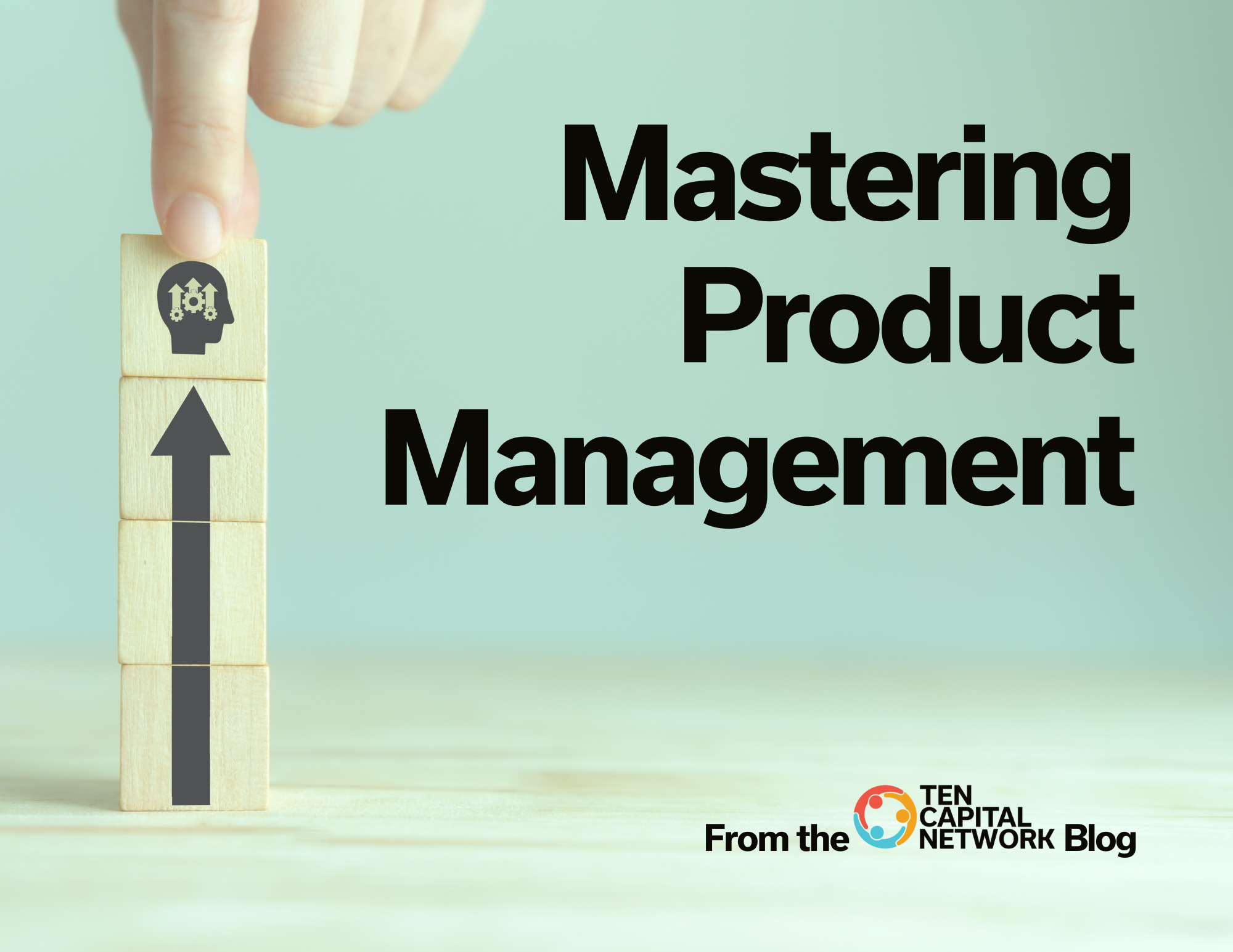2 min read There’s a lot of information out there about how to start investing.
As a new investor entering into an unfamiliar field, it can be confusing and overwhelming when figuring out where to begin. Unfortunately, this is why many first-timers fall prey to the “one-size-fits-all-myth”. But the truth is that there’s no right way and there’s no wrong way to do it. There is no “one-size-fits-all” for investing.
Different approaches work for different people, and what it really comes down to is finding the best approach that works for you. Ultimately, your approach to investing in Startup A should in fact be different than Startup B.
With this new perspective, we hope you can confidently go out into the field and make informed investment decisions based on the specific company you are planning to work invest in.
Why Can’t One Size Fit All Startups?
For starters, not all startups are even the same size. I’ve learned over the years that where you are in the world molds your definition of what counts as a startup. In Austin, if you have a great idea, and two people working on it, then you’re a startup. In Dallas, if you have $1M of revenue, then you’re a startup. If you have less than $1M then you don’t exist. In Shanghai, if you have $10M of revenue then you are a startup. I once heard a fund manager refer to a $20M company as a startup. What makes entrepreneur communities vibrant is their inclusion of all players in the ecosystem, not just those with substantial traction. Startups with differing levels of experience and revenue streams require different investment approaches.
Growing Number of Potential Deals
In the past, angel investors followed the one-size-fits-all approach, writing $50K to $100K checks for the deals that looked promising. If the deal went well, they would write another $50K or $100K check to add on to their investment. However, in today’s world, there are so many deals that it’s hard to invest this much into each deal unless you know it’s going somewhere. This is another reason to approach each startup as a unique investment opportunity.
An Easy Rule of Thumb
The one-size-fits-all investment approach is a likable theory due to the fact that it makes investing easy. But if there isn’t one solid approach to startup investing, and there isn’t even a standard definition of what a startup company is, then how do you know what to invest where? We’ve generated a rule of thumb for you to follow in future investments. But keep in mind, each scenario is unique, and you may need to just go with your gut.
In most cases, we advise to invest:
- $2500/deal for a seed company
- $5000/deal for a growth company
- $10000/deal for an expansion company
Feel free to try out our calculators and contact us if you would like to discuss your fundraise: https://www.startupfundingespresso.com/calculators/

Hall T. Martin is the founder and CEO of the TEN Capital Network. TEN Capital has been connecting startups with investors for over ten years. You can connect with Hall about fundraising, business growth, and emerging technologies via LinkedIn or email: hallmartin@tencapital.group





